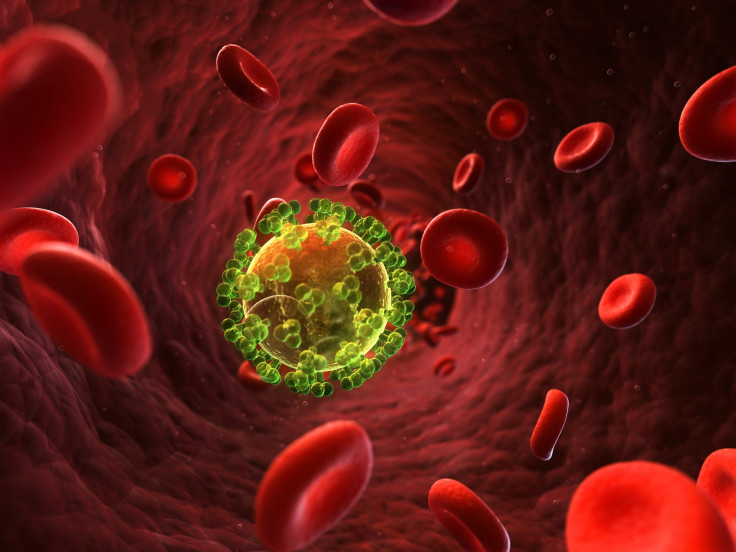HIV Prevention: How Semen Increases HIV Infection Rates And What It Means For Viral Protection Developments

At the moment, abstinence and condoms are our best defense against contracting HIV. Although scientists have tried to develop a topical solution capable of protecting against sexually transmitted diseases, their failure to make it work in a real-world setting as well as it does in a petri dish has kept the idea from materializing. Recently scientists have identified the reason that this solution so often fails to work, and ironically the problem lies not in the virus itself, but in the method it chooses to travel: semen.
In a study now published in the journal Science Translational Medicine, researchers found semen directly impairs the effectiveness of microbicides designed to target HIV, rendering the otherwise successful solutions useless. In the study, researchers tested the effectiveness of several different types of microbicides targeting the HIV virus on cells that had been exposed to HIV alone, and compared them to cells that were exposed to both HIV and semen, according to a press release.
What the researchers observed could potentially give new direction to HIV prevention methods. Not only did the cells with semen have rates of HIV infection approximately 10 times higher than normal, but the microbicides were up to 20 times less effective at blocking the virus in these cells than they were in cells not exposed to semen.
The Relationship Between Semen And HIV
The researchers speculated that semen is able to heighten the rate of HIV’s spread because it contains protein aggregates called amyloid fibrils. The virus is able to bind to these fibrils and cause the virus to cluster together and thus increase its strength. These HIV clusters are able to attach and infect cells in the sexual partner of the infected individual at a more accelerated rate. This hypothesis was further strengthened when the semen of men who had a disorder called ejaculatory duct obstruction did not affect the effectiveness of the viral microbicides.
Now that scientists know what is preventing these microbicides from working, they can now develop new and more effective prevention methods to viral protection methods.
“Our findings suggest that targeting amyloids in semen is an alternative strategy to improve drug efficacy,” explained senior author Jan Munch, from the University of Ulm, in the press release. “The next step is to create a compound or cocktail of drugs that targets both the HIV virus and these amyloid fragments, and to test its effectiveness.”
The idea of anti-HIV topical cream might seem out-of-place in a country such as the United States, but Dr. Warner Greene, a senior author on the paper, explained how such a solution could potentially save the lives of women who don’t have the luxury of requesting safe sex.
"Microbicides were originally developed as a way to empower and protect women in sub-Saharan Africa who often don't have a way to negotiate safe sex or condom use,” Greene said.
The implications from this study are endless and bring science one step closer to reducing and perhaps eventually even stopping the spread of HIV.
Source: Münch J, Greene WC, Zirafi O, et al. Semen enhances HIV infectivity and impairs the antiviral efficacy of microbicides. Science Translational Medicine. 2014.



























